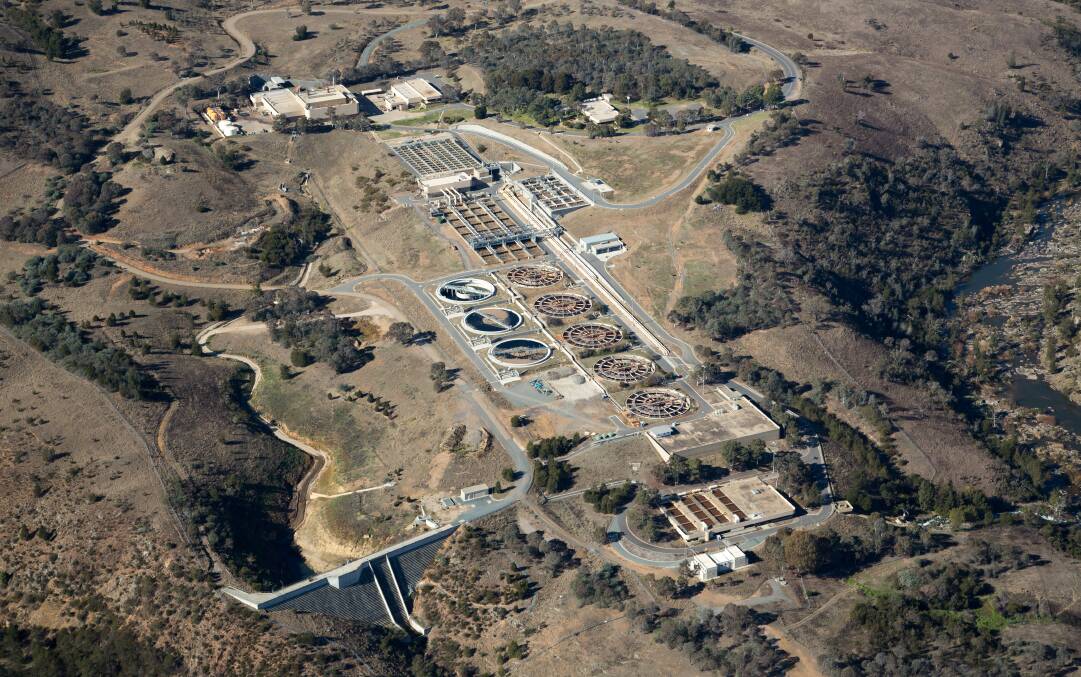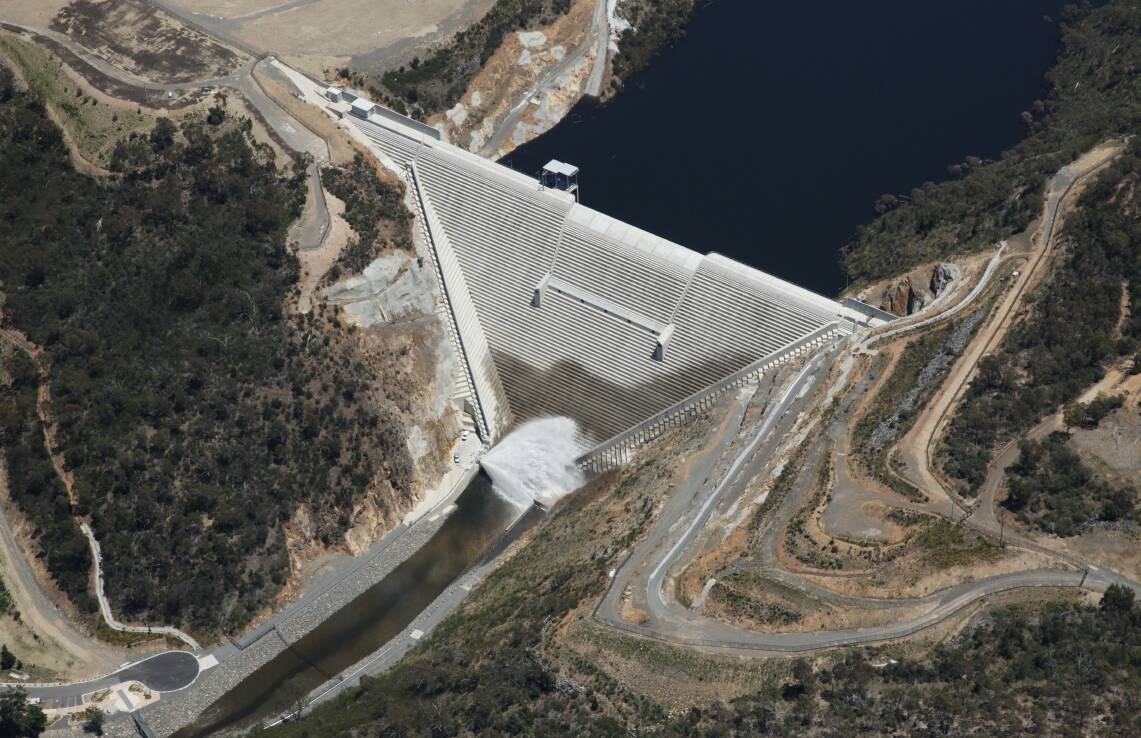
Canberrans' appetite for drinking recycled water will be tested this year as Icon Water explores treated sewage as an option in response to depleting reserves.
The ACT water supplier has looked to alternative sources since determining post 2019 drought the catchments were less dependable than once thought.
Raising of the Cotter Dam, a response to the millennium drought thought at the time to sure up water security, is no longer expected to ensure a growing Canberra can avoid future shortages.
Treating sewage to a standard safe to drink would cost less and could be achieved with less of an environmental impact than other options being explored.
Ray Hezkial, Icon Water, Chief Executive Officer, said while additional infrastructure would likely be required, treating effluent to a drinkable level was not technologically difficult.
Recycled water could also be treated to a lesser quality for non-potable uses, including watering sportsfields, which would preserve the potable supply.
Other proposed water security solutions include extracting more from waterways or extracting from the ground, enlarging dams or desalination.
Canberra's distance from the coast means the last option would be complicated and require cooperation across jurisdictions, while all other solutions would likely yield undesirable outcomes for the environment.

One option for recycled water would see treated waste taken from the back end of a sewage plant into existing dams to be treated again, the other would see recycled water injected into the ground and then taken out, as is the case in Perth.
Like Perth, which uses purified water to make up 4 per cent of its drinking water, treated effluent would be used in conjunction with existing water supplies.
Mr Hezkial said Icon's decision to explore alternative sources was based on modelling that considered population growth, customer use, climate change and yield.
He said observations that rainfall was reaching dams at a reduced rate required Icon to begin considering future security sooner than once expected.
"Even though rainfall and runoff in our catchments may be okay, the yield from that rain into the catchments is actually less than we would have expected," Mr Hezkial said.
"Of course, no surprises with climate change, but more specifically for us, it's actually climate volatility."
While the mechanics of why yield has reduced in the ACT has not definitely been determined, reduced yield is thought to occur after prolonged drought due to increased soil and root absorption.
Icon Water has stressed all options for future water sources are currently on the table and a combination of multiple options would also be considered.
Mr Hezkial said where planning for the sewerage and the water network would have once been quite separate, the company was now exploring how integrating the two could reduce their carbon footprint.
"With the circular economy, and with looking at climate independent sources, we are now looking at that as an integrated water management system," he said.
A first step for determining whether recycled water is in Canberra's future will be a public awareness campaign to gauge whether residents think it's palatable.
Mr Hezkial said initial consultation has indicated customers are prepared to purchase recycled water.
He said Icon's motivation was to manage the risk to the ACT that climate change was presenting right across Australia, by finding water sources that were "climate independent".
"Purified recycled water isn't a novel concept, it's actually been around for quite some time.
Mr Hezkial said the technology was there, however, further engagement with the community around the psychology and the acceptance would be required.
"There's a lot more conversation we'd like to have with the Canberra community about how they feel about that as a concept," he said.
We've made it a whole lot easier for you to have your say. Our new comment platform requires only one log-in to access articles and to join the discussion on The Canberra Times website. Find out how to register so you can enjoy civil, friendly and engaging discussions. See our moderation policy here.







